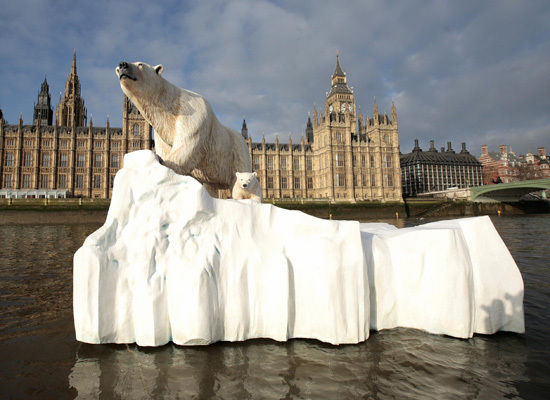There are number of free software tools on the market to help improve your PR productivity.
The ones I'm currently using are:
- Evernote to clip and store material from the web including images, websites and documents.
- Drop Box to share files and folders between desktops, laptops and mobile phones.
- You Send It to email very large files such as videos and hi-res images.
- Audio Boo to record an audio file to the web and then distribute it.
- And of course, Facebook and Twitter to share ideas with other communications professionals.



